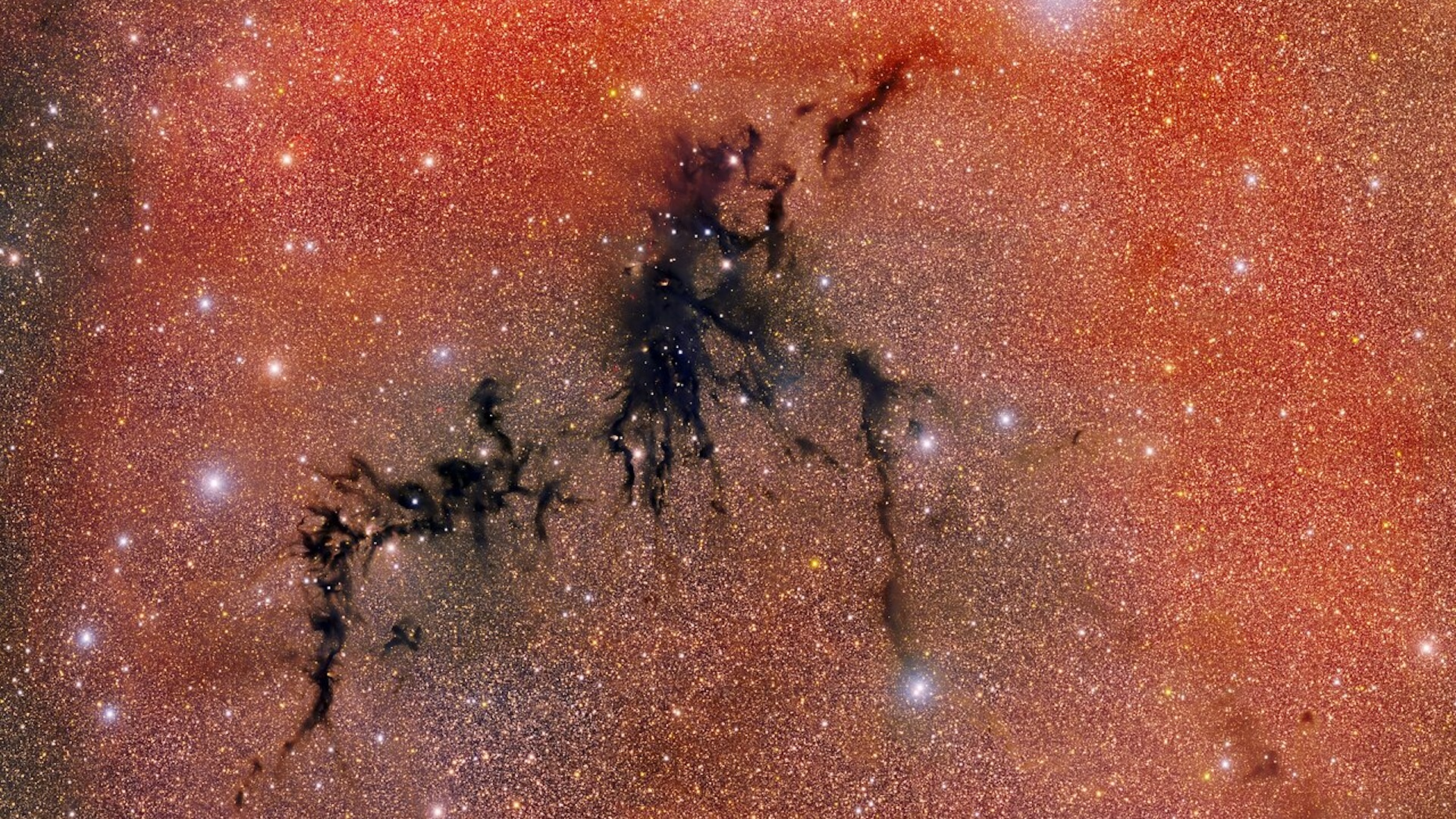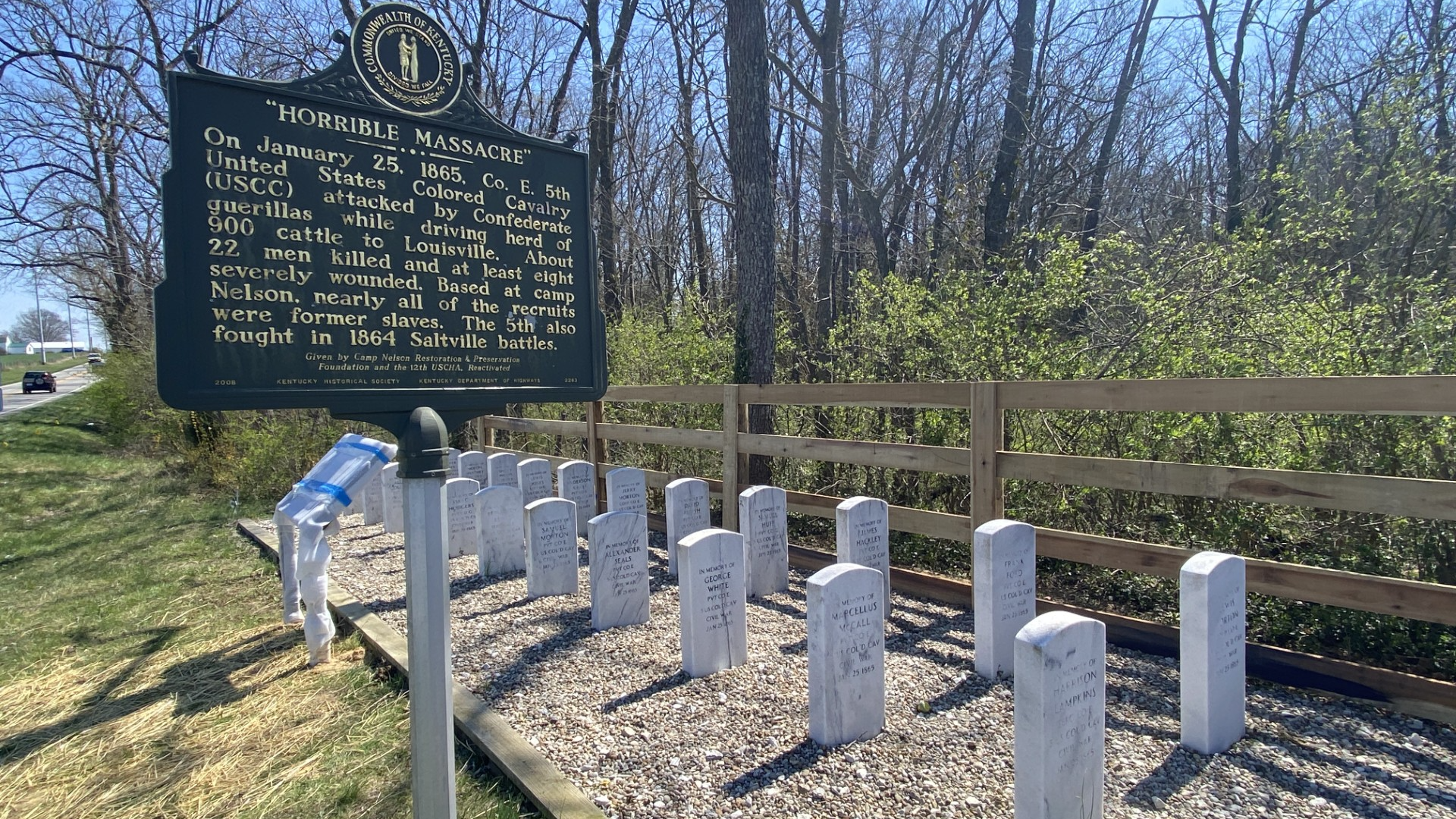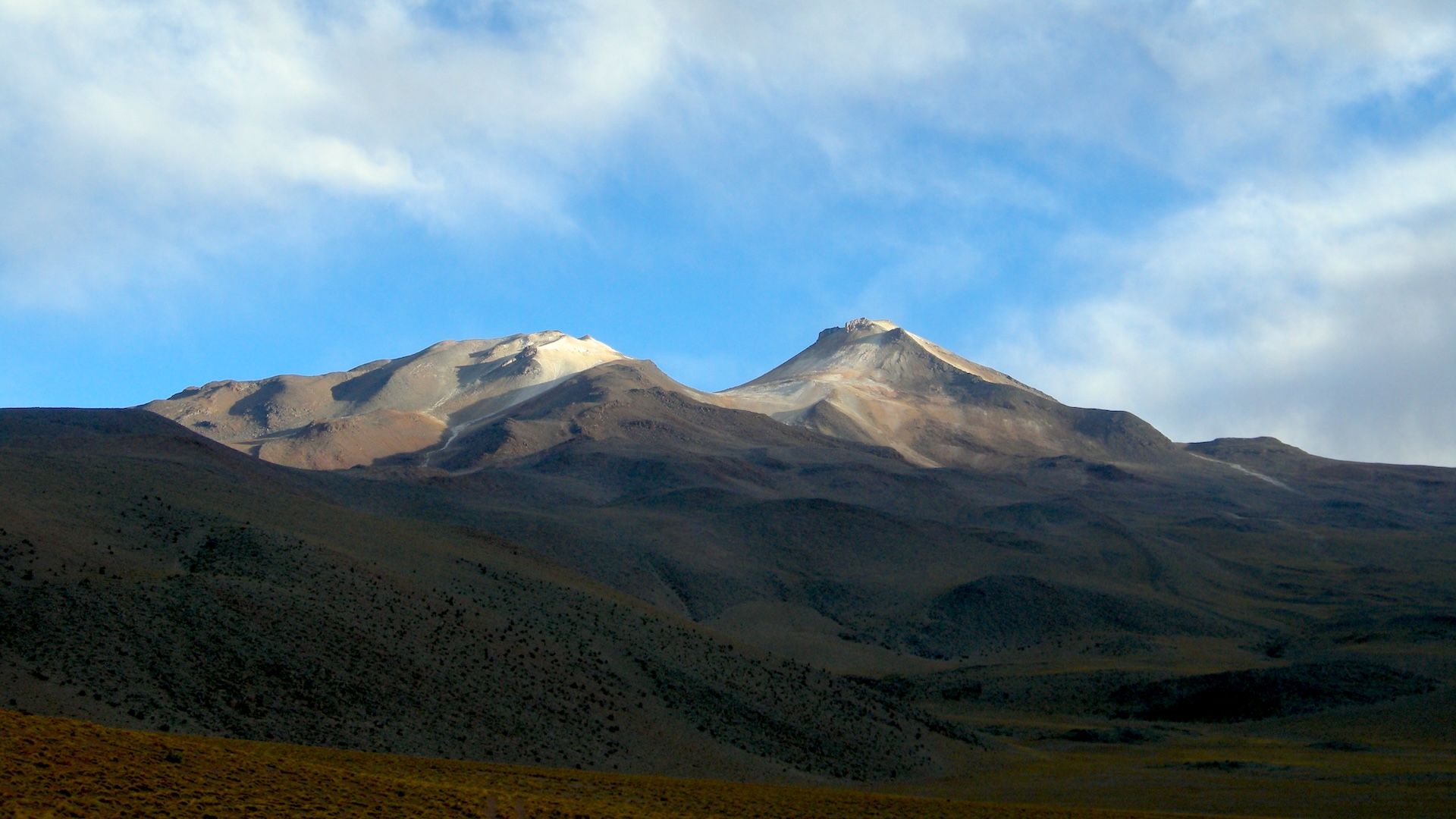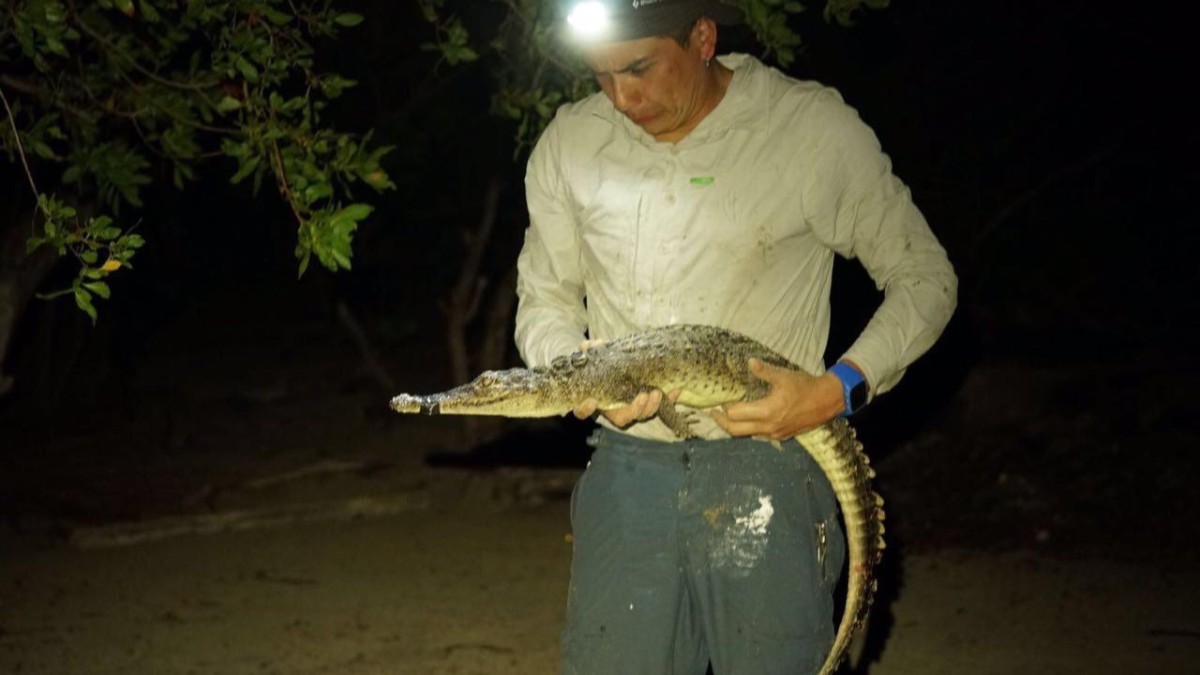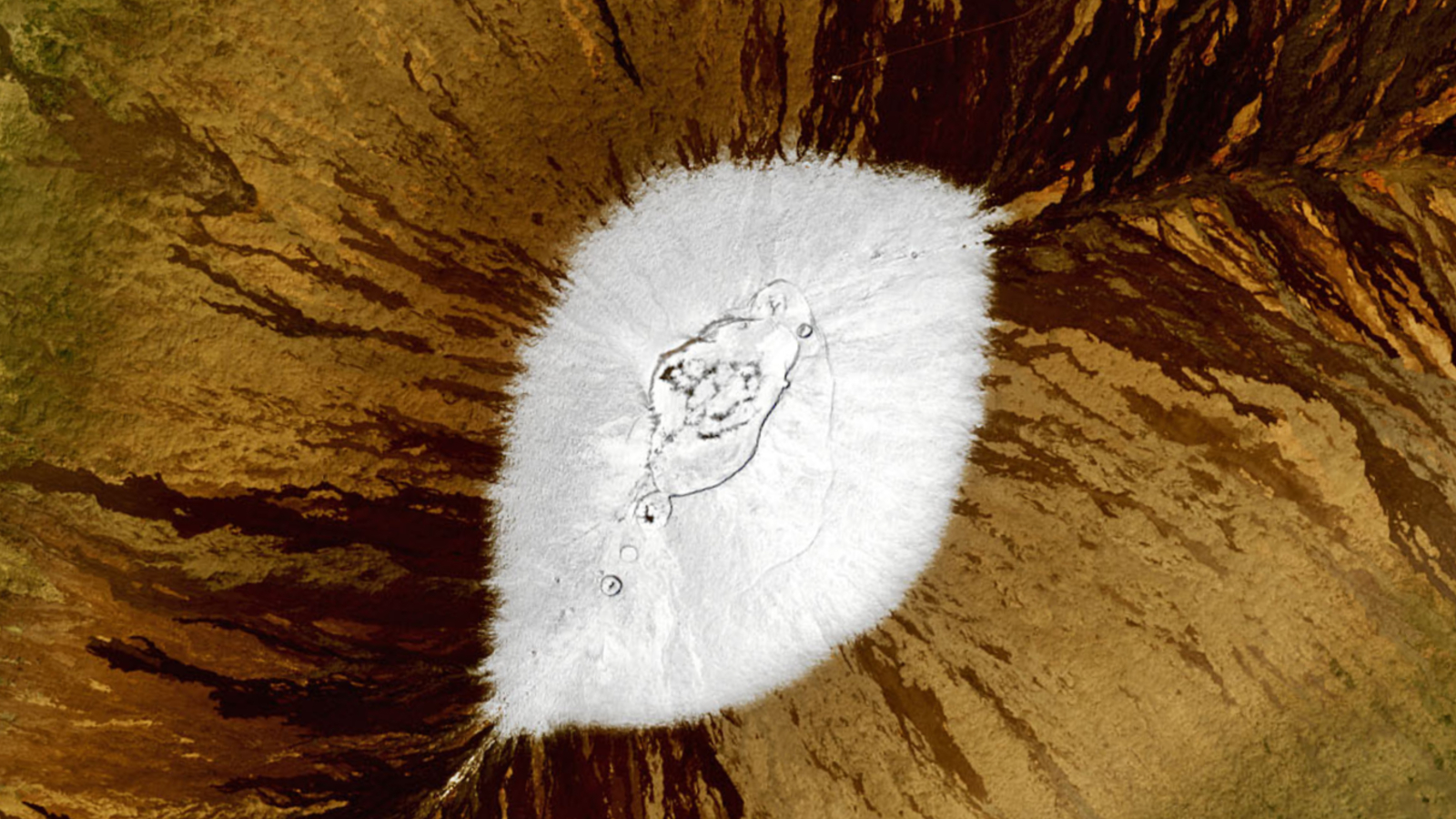Sun Worshipers Addicted Like Alcoholics
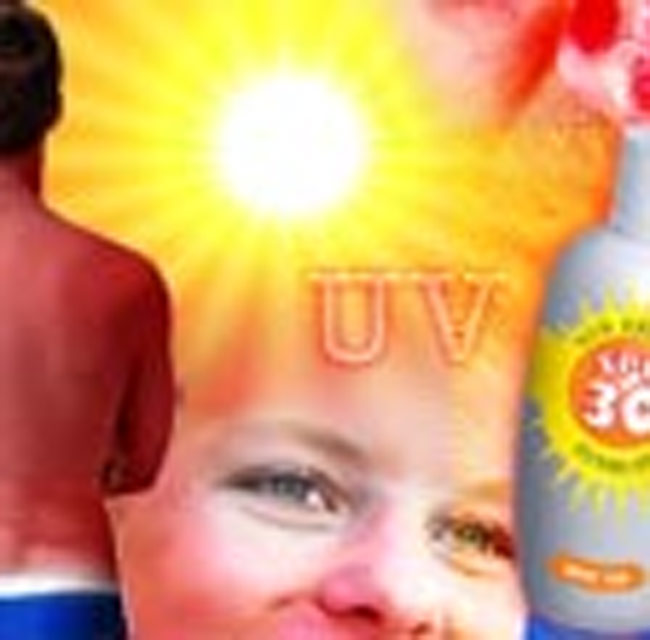
Sun-seekers who rush down South for winter vacations or up to a rooftop "Pebble Beach" for ritual solar worshiping could actually be suffering from an addiction as powerful as alcoholism, new research suggests.
A standard testing tool that has been used to identifying problem drinkers and others with a "substance-related disorder" (SRD) was administered to college students to focus on their tanning practices and found that 18 percent of those who reported regularly tanning outdoors qualified as being hooked on it.
"This percentage is comparable with findings of other addiction studies," said dermatologist Robin L. Hornung of the University of Washington, in a prepared statement.
Hornung, who headed up the study, said she was referring to similar findings on college students, alcohol and cigarettes. A Midwest study found that 18 percent of students who said they drank booze also scored positively for SRD on the questionnaire with respect to alcohol. And a 2002 National Institutes of Health study found that 16 percent of college students who reported smoking daily also scored positively for SRD.
In Hornung's tanning study, the SRD-positive result (indicating addiction) was even higher for those who visit tanning salons regularly—28 percent. And women were more nearly three times more likely to be UV-addicted than men.
Warnings fail
Many people report anecdotally that sun and UV exposure can prove addictive, but medical science shows it can definitely be deadly. More than 1 million new cases of skin cancer are diagnosed each year, according to the American Academy of Dermatology, which calls skin cancer an unrecognized epidemic. A bit more than 10 percent of these cases are melanoma, which kills some 8,000 U.S. residents a year, but tanners ignore repeated health warnings about the dangers of exposure to sunlight and artificial UV light, Hornung said.
Sign up for the Live Science daily newsletter now
Get the world’s most fascinating discoveries delivered straight to your inbox.
"If tanning is addictive as our study suggests, it helps explain why education alone will probably not stop high-risk tanning behavior—similar to how the 'don't drink' and 'don't smoke' messages often fail to change behaviors," Hornung said.
The survey was administered to 385 students at the University of Washington in Seattle and a subset—those who purposely and regularly tanned—was asked if they had ever felt they ought to cut down on their tanning, if they were ever annoyed by people who criticized them for tanning, if they ever felt guilty for tanning and if tanning was ever their first waking thought.
In total, 76 percent of female students and 59 percent of male students reported purposely tanning.
Family history irony
Students with a family history of skin cancer were ironically more likely to engage in tanning that those students without a known family history of the disease.
Of the students for whom skin cancer ran in the family, 77 percent engaged in outdoor tanning and 45 percent had used indoor tanning machines or lights, Hornung said.
"This finding infers that even a personal experience with skin cancer failed to alter tanning behavior in this population, despite an increased health risk," she said.
Industry focus
Nearly half of the students who tanned also reported doing so to relax, a strong motivating factor that has been noted by previous studies on tanning. This finding shows that tanning can be abused in a manner that is consistent with other addictive practices, Hornung said.
"The fact that tanning may be addictive for some individuals should strengthen the argument for stricter regulations on the indoor tanning industry," she said. "Education alone is not enough to stop high-risk tanning behavior, and skin cancer rates will continue to increase markedly without proper investigation."
The study is detailed in the March issue of the Journal of the American Academy of Dermagology.
Robin Lloyd was a senior editor at Space.com and Live Science from 2007 to 2009. She holds a B.A. degree in sociology from Smith College and a Ph.D. and M.A. degree in sociology from the University of California at Santa Barbara. She is currently a freelance science writer based in New York City and a contributing editor at Scientific American, as well as an adjunct professor at New York University's Science, Health and Environmental Reporting Program.


